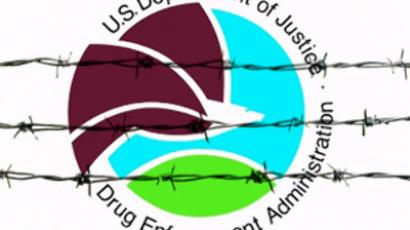Caught in the Net – tweeting arrest
The FBI has accused a US citizen of using the Internet to organize protests at the September G20 Summit in Pittsburgh, setting a precedent of a social networking arrest.
In this day and age, you are either a user yourself, or you know someone who is addicted to either Facebook or Twitter – or both. Social networking sites draw millions of hits every day. But how safe are you when you say or do something on the web?
You may think there are a limited number of things you can do on the Internet that could get you in trouble. But as it turns out, in the US, the list is growing almost every day. And one man in New York has found this out the hard way.
Michael Wallschlaeger grows tomatoes up on his roof. He also has an old dog named Sahara and two turtles. He and a friend were arrested and charged by the FBI for allegedly directing protests at the G20 Summit in September.
Michael calls himself a hippie and an anarchist, and says he has gone through hell for his political beliefs.
“How much more Gestapo-like can you get, really? I think all authoritarian governments don’t like internal protesting. The whole idea of the G20 protests was an attempt to try to talk about those issues – talk about the richest people in the world getting together making decisions for the 90% of us. That’s why we were down there trying to get our voice heard to change the policies of this very elite group,” Michael says.
Michael was accused of “tweeting” the whereabouts of police officers to protesters, and informing the demonstrators about law enforcement actions. His home was raided by the FBI in search of suspicious items.
“This is one of the items of interest the FBI listed as being a concern for some reason. It’s a 1927 microscope – kinda old antique. They were also concerned about my fencing equipment and various martial arts equipment. I taught fencing in high school and gave demonstrations at elementary school, and I taught women’s self-defense classes,” Michael confessed.
One of the attorneys involved in the case, Martin Stolar, says what the authorities did was nonsense from the very beginning.
“[What Wallschlaeger did] is perfectly legal. It is exactly the same kind of speech that one would give if you’re walking down the street with somebody, in the course of a lawful demonstration, and you say ‘Hey, don’t go down that street, because the police have said “don’t go there”.’ That speech – telling somebody what to do – is totally protected. It’s not counseling a criminal act, it’s trying to avoid a criminal act,” Stolar says, concluding “So, clearly it was political.”
And although the charges against Michael and his friend were dropped later, a precedent for Internet arrests has been set for the first time in American history.













